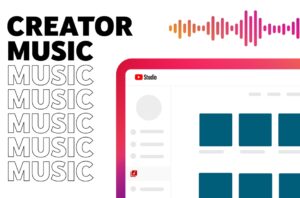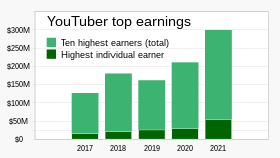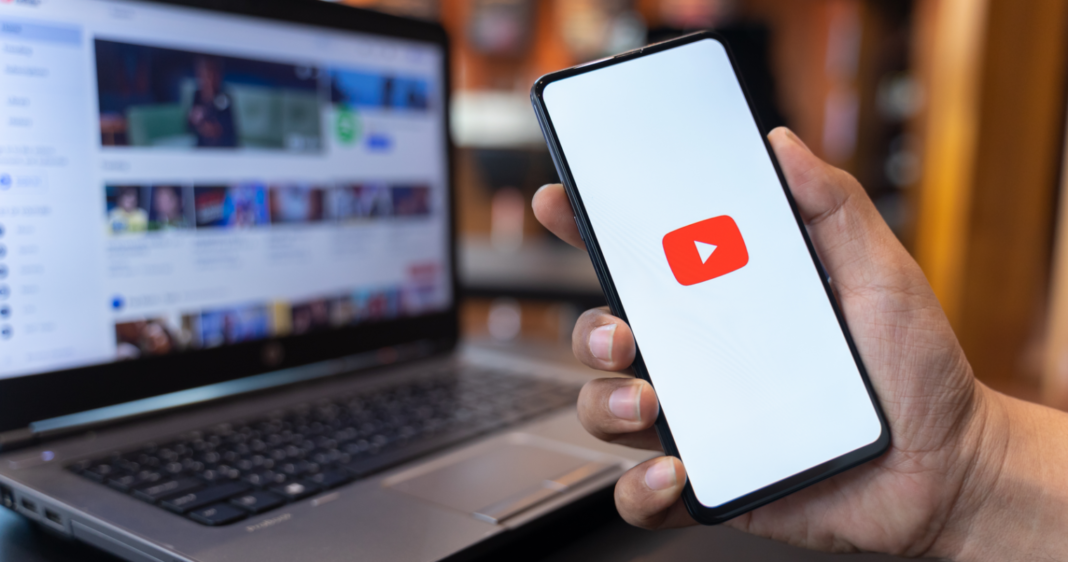On Tuesday, YouTube announced significant changes to its partner program, including the upcoming ability for creators to profit from advertising on Shorts, a service that competes with TikTok.
Since the launch of the YouTube Partner Program in 2007, producers have received a share of the advertising revenue made from their videos. According to a blog post by the business, YouTube has paid creators, artists, and media companies more than $50 billion over the last three years. However, the 2020-launched Shorts platform’s videos were excluded. Instead, to compensate qualified artists, YouTube established the transitory Shorts Fund, a $100 million fund dispersed over the years 2021–2022.
At a Los Angeles event on Tuesday, the firm announced that beginning in the first quarter of 2019, YouTube partners will be qualified for revenue sharing on both the main YouTube platform and on Shorts. Long-form videos won’t affect the YouTube Partner Program’s eligibility requirements. If a creative has 1,000 or more subscribers and 10 million Shorts views in the past 90 days, they are eligible to apply for the program. After the event on Tuesday, Amjad Hanif, YouTube’s vice president of creator products, posted a blog entry saying this unique economic model means we only succeed when our creators do.” “And creators are thriving — these creative entrepreneurs are creating prosperous firms of their own, complete with staff members and operational capabilities.”
Additionally, the business will introduce Creator Music, an online music library where YouTube creators can buy music rights for use in their lengthy films. The ability to split ad revenue with copyright holders will be available to creators who don’t wish to pay for licensing. Up until recently, creators typically relied on royalty-free music or ran the danger of copyright breaches leading to the removal of their videos. According to Hanif, they think Creator Music will lead to more creator-artist partnerships, more songs on viewers’ playlists, and more opportunities for artists to succeed.

To “thank Shorts creators and assist pay the cost of music licensing,” YouTube will sum up all of the money from advertising that is displayed in-between videos on its Shorts Feed for videos posted to Shorts. Based on their percentages of all Shorts views, creators will receive 45% of the total money. Whether or not they employ legally obtained music, the share will stay the same. Some of our most engaging and memorable Shorts are inspired by music, Hanif added. It streamlines the complexity of music licensing so that creators don’t have to worry about whether or not they use music in their Short. The income sharing plans are “a real danger to TikTok,” according to Hank Green, a former YouTube star and expert on internet culture.
Govt to increase taxes on content creators, online freelancers
This year, Green was one of those who criticized TikTok’s monetization tool for paying creators too little. Some said that TikTok’s method of compensating them—the Creator Fund, a fund of money paid based on creators’ portions of the platform’s total views—was outdated. In May, TikTok launched TikTok Pulse to begin investigating our first advertising revenue share program with creators, public figures, and media sources. According to Variety, the advertising scheme enables advertisers to purchase inventory in the top 4% of all videos on the platform across 12 different categories. Participants in the inaugural phase had to have at least 100,000 followers as creators or publishers.
In response to YouTube’s announcement on Tuesday, Green stated that he thought TikTok was “already earning a clear, definitive reputation for being antagonistic to creators” and that many creators were beginning to see the YouTube program as a means of success on a platform where they have more power and opportunity. According to Green, YouTube’s move “restates YouTube’s knowledge that long-term success is generated by developing economic systems that reward creativity” and represents “a significant step forward for creators.”

However, he pointed out that YouTube’s announcement is also helpful for the music business. According to Green, “YouTube seems to care about creators with their emotions, but they care about labels with their cash.” He continued that basically, this is a huge day for creators, but he wants people to understand how this works so that we aren’t ignorant of the systems that dominate our culture and the livelihoods of creators.


